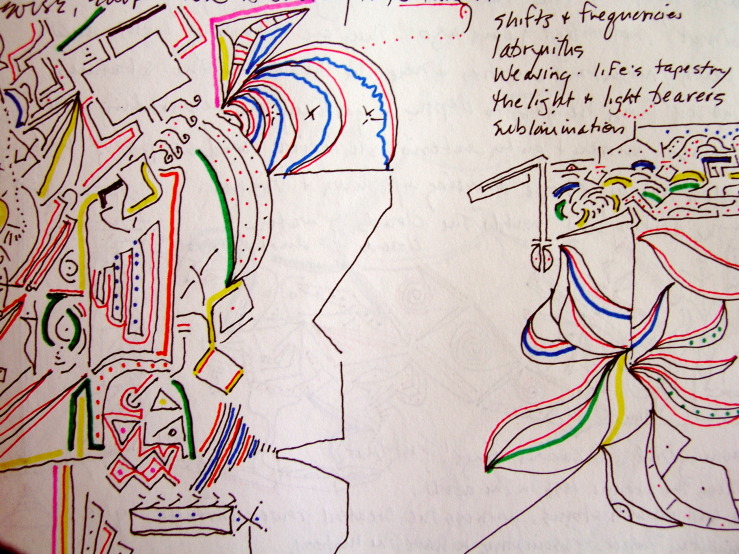Good afternoon students. My name is Mr. On. It rhymes with song, gong, long gone.
It is 17:10 p.m. If it was 18:01 p.m. I would say good evening, however it is still afternoon. It is late in the day. Class will meet twice a week for two hours. Show up on time, do your assignments and be prepared. Nothing more, nothing less.
We are gathered here today in the glorious People's Appliance Factory #8 to begin our basic, simple English lessons.
Your supervisor informs me you are here both by choice and chance. You have the choice and this is your chance. Am I clear? Do you understand me? Choice and chance.
Now, I know most of you have been working since early morning in the factory. It is the end of another long mind numbing tedious grueling day on the killing floor.
English has brought us together. We face unique and amazing challenges to acquire a foreign language. To use said language with meaning. To hopefully become fluent. It will require your undivided attention, focus and electrical energy.
We will practice speaking, reading, listening and writing. These are the four basic skills. Reading and listening are foundations in your learning process. Learning occurs in the context of task-based activities. In other words you learn by doing. You do and you understand, as the Chinese say, said, did, done.
We will cover, in exhaustive detail, four important appliances and their English connections.
They are: washing machines, air conditioners, vacuum cleaners and microwave ovens!
These machines are now an important part of everyone's life. You know this because it is your job to put them together. It's like English, putting words together makes a simple sentence. Some have meaning and some are gibberish.
Please open your creative notebook. Using a simple writing tool I would like you to consider the following questions. Please answer them using your basic English.
Why am I here? Am I a machine, a tool? What exactly is a machine? What is my motivation to learn English?
Your supervisor has instructed me to motivate you. She expects me to motivate you to complete the assigned tasks and arrive on time. Her management style instructed me to use fear as a form of discipline with you. We are all well aware how the power and threat of fear motivates humans.
Fear of starvation. Fear of poverty. Fear of failure. Fear of not meeting social expectations. Fear of ______.
Thank you for your attention. See you next week when we discuss parts and functions of a washing machine.
Metta.








 Share Article
Share Article 



